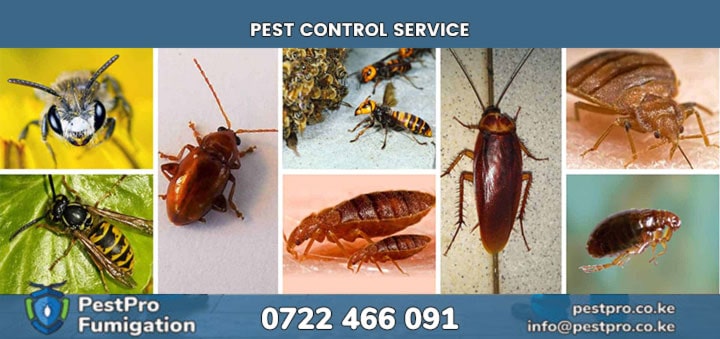Dealing with Rodent Problems in Nairobi Commercial Buildings
Rodent infestations in Nairobi's commercial buildings pose serious health, safety, and economic risks to businesses across all sectors. Rats and mice contaminate products, damage property, and can transmit diseases while potentially causing electrical fires through their gnawing behavior on wiring systems throughout modern office complexes and retail facilities.
Health and Economic Risks in Commercial Settings
Rodents in commercial buildings create significant liability issues for Nairobi businesses, particularly those in food service, healthcare, and retail sectors. These pests carry over 35 diseases transmissible to humans, including salmonella, hantavirus, and leptospirosis, which can result in serious health violations and costly closure orders from Nairobi City County health inspectors.
Economic damages extend beyond direct product contamination to include structural damage, inventory loss, and reputation damage that can permanently harm businesses. A single mouse can contaminate up to 10 times its body weight in food daily through droppings, urine, and hair, while rats can gnaw through packaging, electrical wiring, and building materials.
Insurance claims related to rodent damage often face scrutiny, with many policies excluding damage deemed preventable through proper maintenance and pest control programs. The indirect costs of business interruption, emergency cleanup, and regulatory compliance frequently exceed the direct costs of professional rodent control services.
Commercial-Grade Control Methods
Integrated Pest Management (IPM) approaches work best in Nairobi's commercial environments, combining multiple control strategies tailored to specific building types and business operations. Professional-grade snap traps and multi-catch devices provide immediate results while monitoring ongoing activity levels throughout large commercial spaces.
Rodenticide bait stations offer effective population control when properly placed and maintained by licensed pest control professionals familiar with Kenya's commercial building regulations. These tamper-resistant devices protect baits from non-target animals while providing sustained control in areas where trapping alone proves insufficient.
Exclusion work represents the most important long-term strategy, involving sealing entry points, installing door sweeps, and repairing structural defects that allow rodent access. Professional pest control companies in Nairobi use specialized materials and techniques to rodent-proof commercial buildings according to international standards required by multinational tenants.
Building-Wide Prevention Programs
Successful rodent control in Nairobi's commercial buildings requires comprehensive prevention programs addressing sanitation, maintenance, and monitoring throughout entire facilities. Establish regular cleaning schedules focusing on food areas, break rooms, and storage spaces where crumbs and spills attract rodents seeking readily available food sources.
Implement waste management protocols ensuring garbage containers have tight-fitting lids and are emptied regularly, while maintaining clean dumpster areas that don't provide harborage or food sources for rodent populations. Loading docks require particular attention due to high activity levels and numerous potential entry points through overhead doors and utility penetrations.
Employee education programs help staff identify early warning signs of rodent activity and understand their role in maintaining sanitary conditions that discourage infestations. Building management should establish partnerships with reputable pest control companies for regular inspections, monitoring, and immediate response capabilities when rodent activity is detected in Nairobi's competitive commercial real estate market.
More pest Control ServicesPestPro Facebook Page
Medium
